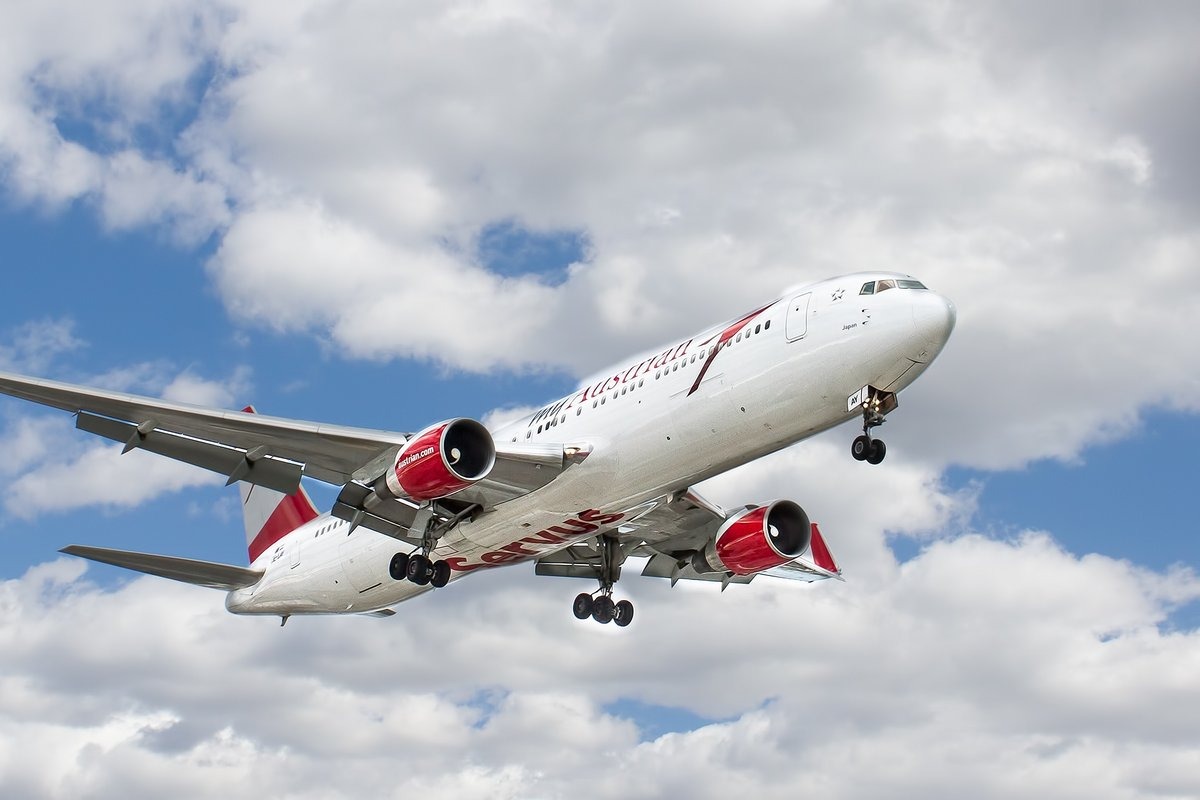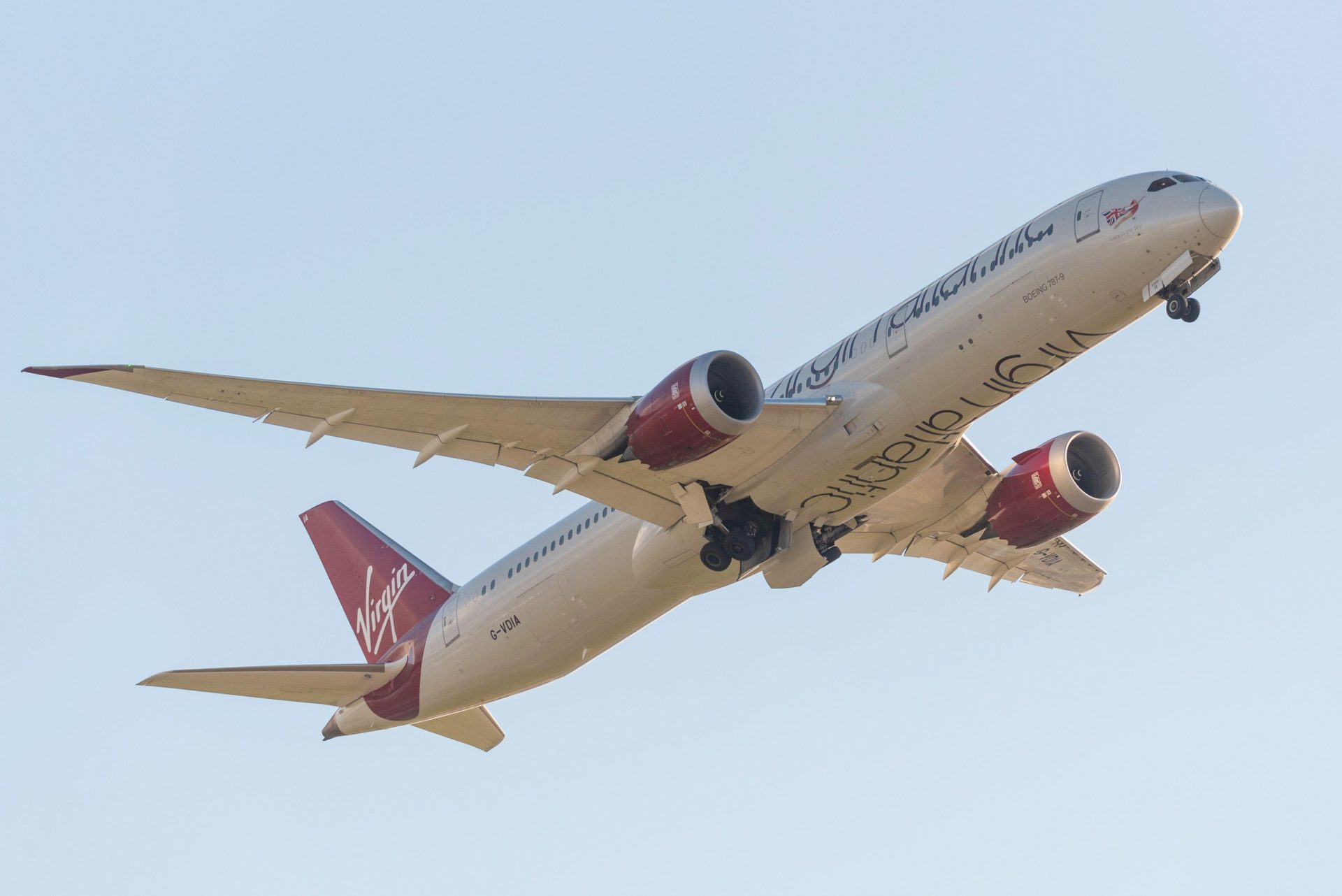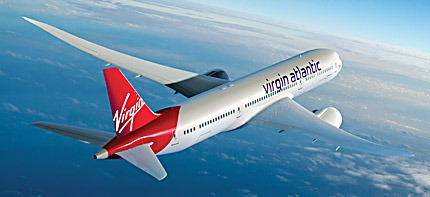The airline industry is often criticized for the immense amount of pollution aircrafts produce, which significantly exacerbates global warming and climate change. However, in recent months, domestic airlines have announced plans to take measures that might alleviate some of the criticisms made against them: a goal to reduce their carbon emissions to net zero within 30 years.
In March 2021, the airline sector in the United States made a sweeping commitment to protect the environment. Airlines for America, which represents many major US airlines, announced that its members have committed to reducing carbon emissions by 2050.

It’s a big goal, especially for airlines that have had climate goals for years like Atlas Air, American Airlines, and Federal Express Corporation. On the other hand, the coronavirus pandemic has served as a catalyst for many carriers to take more significant action in mitigating climate change.
The airlines’ goals come as the industry is forecast to begin its long, post-pandemic recovery in the next few years and return to pre-COVID-19 traffic levels by 2023 or 2024, according to the International Air Transport Association.
But even as airlines emerge from the crisis, they’ll face new challenges to shrink their carbon footprints and become more environmentally sustainable.

That’s where those net zero pledges come into play. At Plug and Play’s 2021 Summer Summit, panelists pointed out that to reach these ambitious goals, there are areas where new carbon neutrality technologies are needed, like carbon capture, low carbon fuels, and energy storage. Airlines will have to decarbonize their fleets with electric or alternative-fuel aircraft, make substantial operational changes, and purchase carbon offsets in order to meet these targets.
United Airlines is at the forefront of this transition and has become one of the major US airlines to commit to reaching net zero carbon emissions by 2050. Unlike other airlines, United will not rely on traditional carbon offsets.

To get there, United plans to invest in sustainable aviation fuels, make infrastructure improvements, and purchase carbon offsets. The carrier is also working with other airlines and organizations on technological advancements that will help reduce emissions across the industry.
In 2021, United Airlines became the first commercial carrier to fly a completely sustainable fuel-powered flight. “We’re demonstrating the scalable and impactful way companies can join together and play a role in addressing the biggest challenge of our lifetimes,” said United CEO Scott Kirby in a statement.

Due to the rise of social movements like flight shaming, many European carriers and airports are also becoming increasingly active in combatting adverse climate effects. Lufthansa Groups’s airlines, such as Lufthansa, Swiss, Austrian Airlines, and Brussels Airlines, are launching their new Green Fare program that functions as a form of carbon offsetting. This will include 80% of the carbon being offset through climate protection projects and the remaining 20% through the use of sustainable aviation fuel, or SAF, to power flights.





